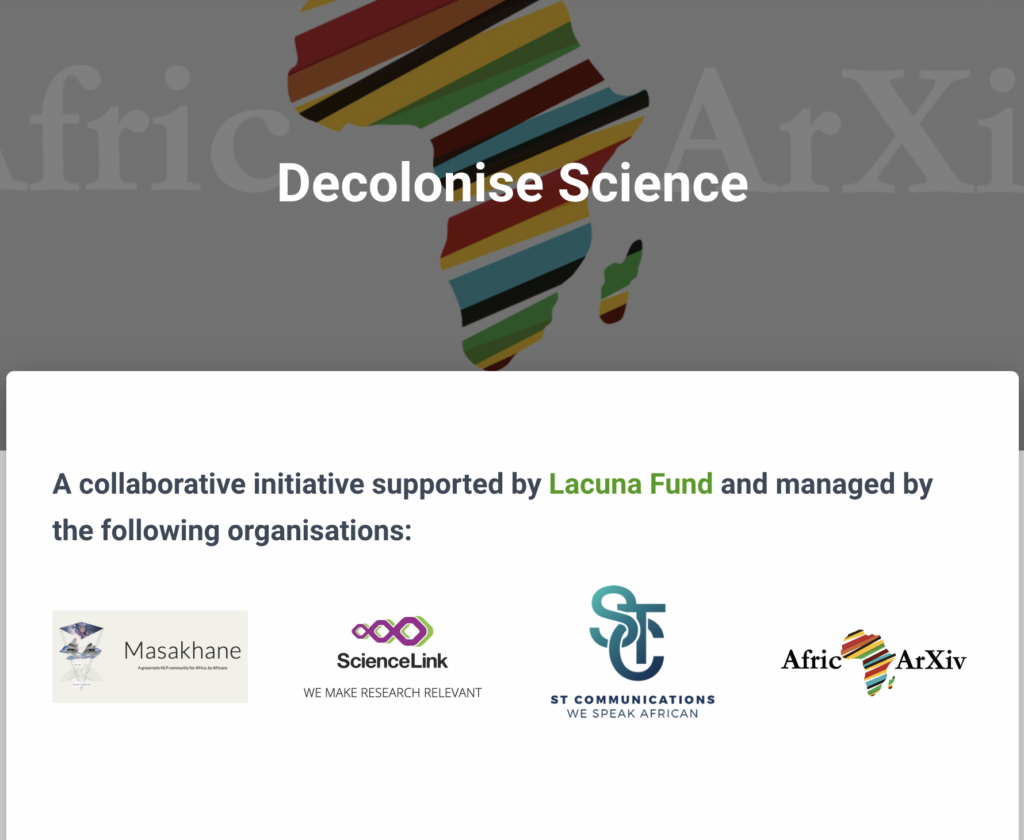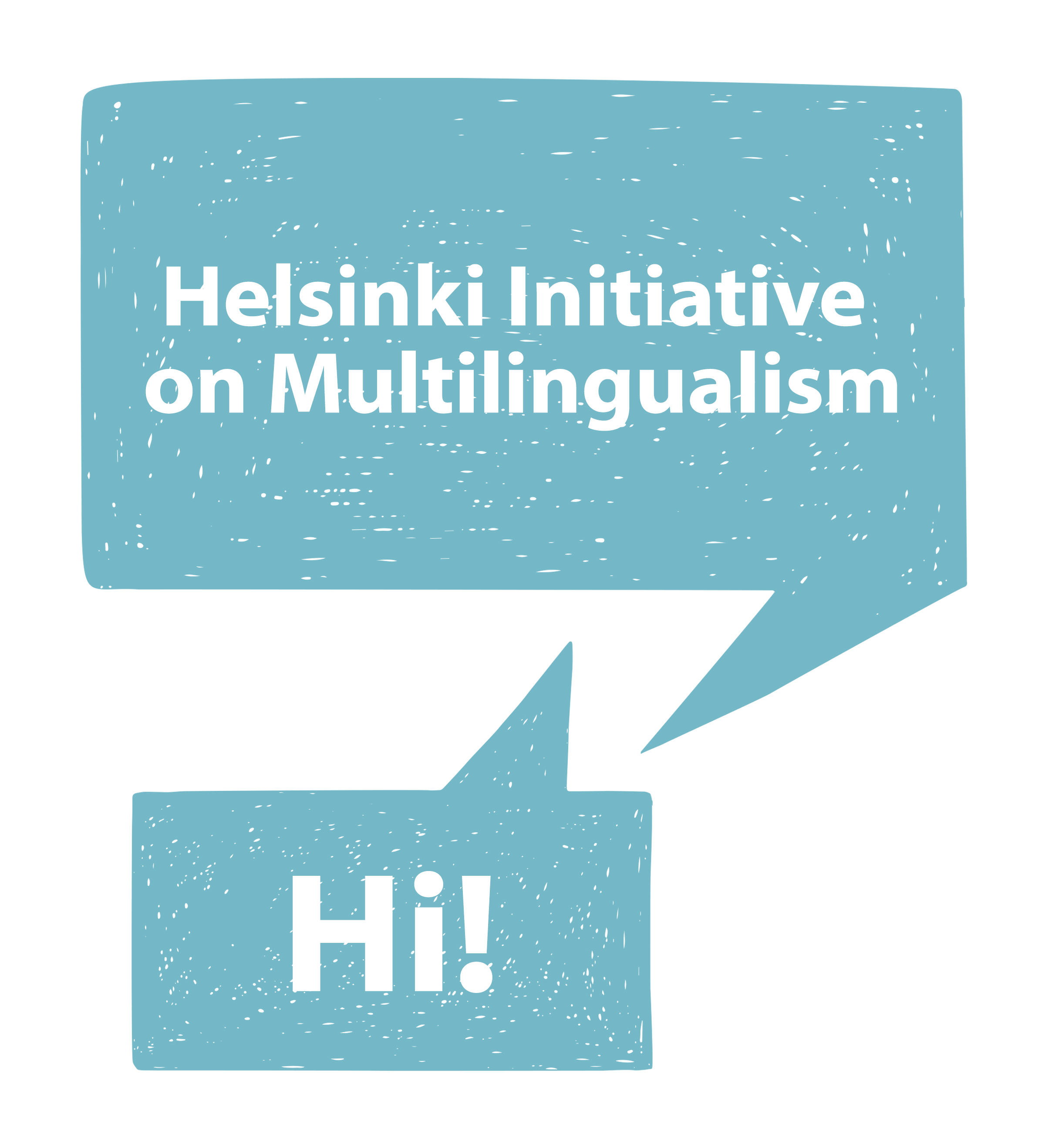Complementing English as the current Lingua franca in Research, translational practices and technological services are increasingly provided for multilingualism throughout several steps of the research workflow.
- How many and which languages are you able to speak and write?
- What habits have ESL researchers developed in their daily routines to switch between languages?
- What digital tools are available for seamless translation of written text and spoken word in research experimentation, writing, publishing and reading?
- Which repositories, journals and publishers already cater for multilingual submissions?
- Should we outsource translational services or rather keep them inside academia?

Supporting language diversity in Science.
- Highlighting the benefits of multilingual research outlets
- Research on the feasibility of AI for language diversity
- Presenting workflows and examples of best practices to make your research accessible in more than one language
Resources
References
https://www.coar-repositories.org/news-updates/what-we-do/multilingual-and-non-english-content/
Kittinger, A., & Vandegrift, M. (2020). A Response to the Call for Bibliodiversity: Language, Translation, and Communicated Scholarship . Triangle Open Scholarship. https://doi.org/10.21428/3d640a4a.48ea4b20
Shearer, Kathleen, Chan, Leslie, Kuchma, Iryna, & Mounier, Pierre. (2020, April 15). Fostering Bibliodiversity in Scholarly Communications: A Call for Action. Zenodo. http://doi.org/10.5281/zenodo.3752923
Balula, Ana, and Delfim Leão. “Is multilingualism seen as added-value in bibliodiversity?: A literature review focussed on business and research contexts.” In 23d International Conference on Electronic Publishing. ELPUB. Marseille, France: OpenEdition Press, 2019.



